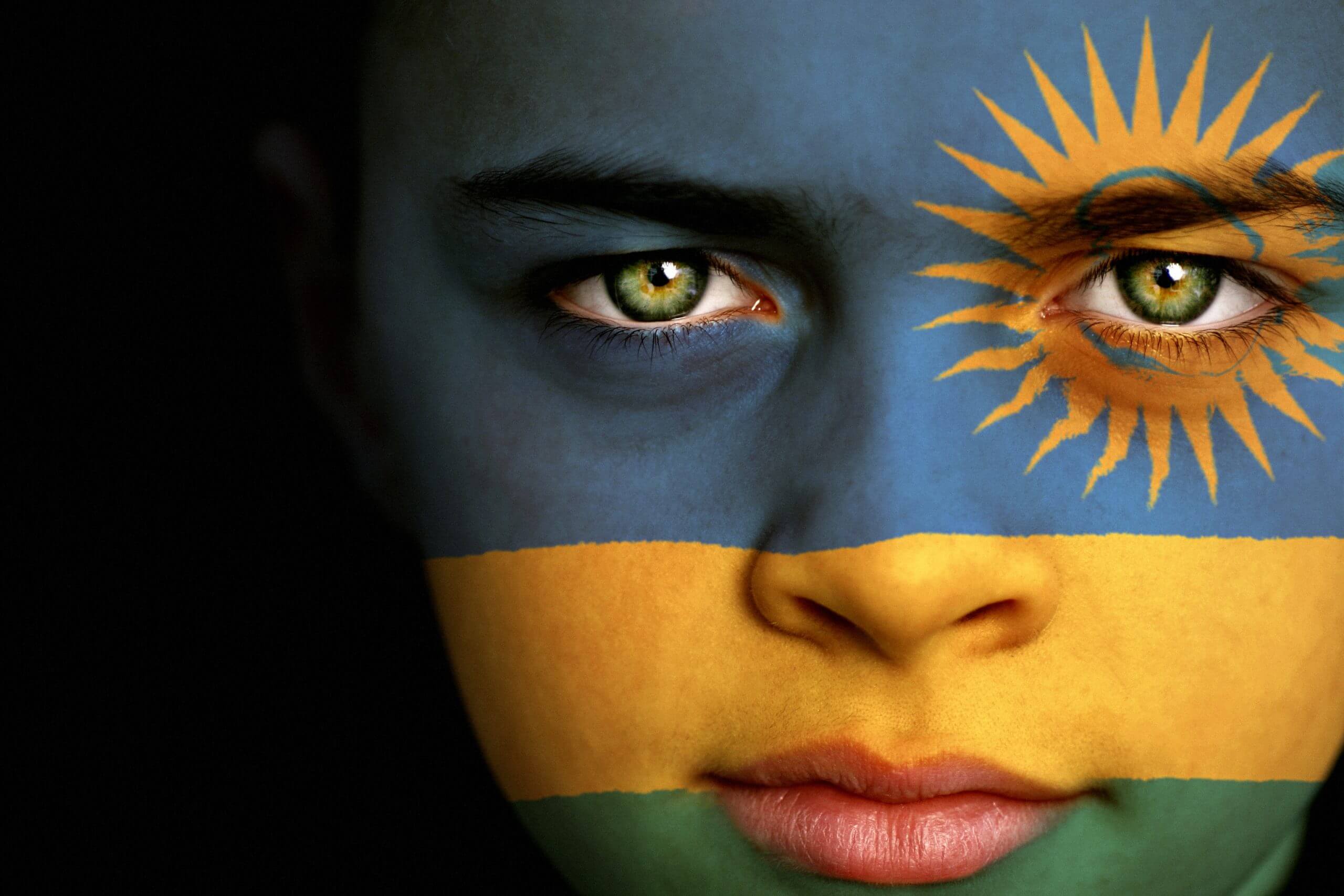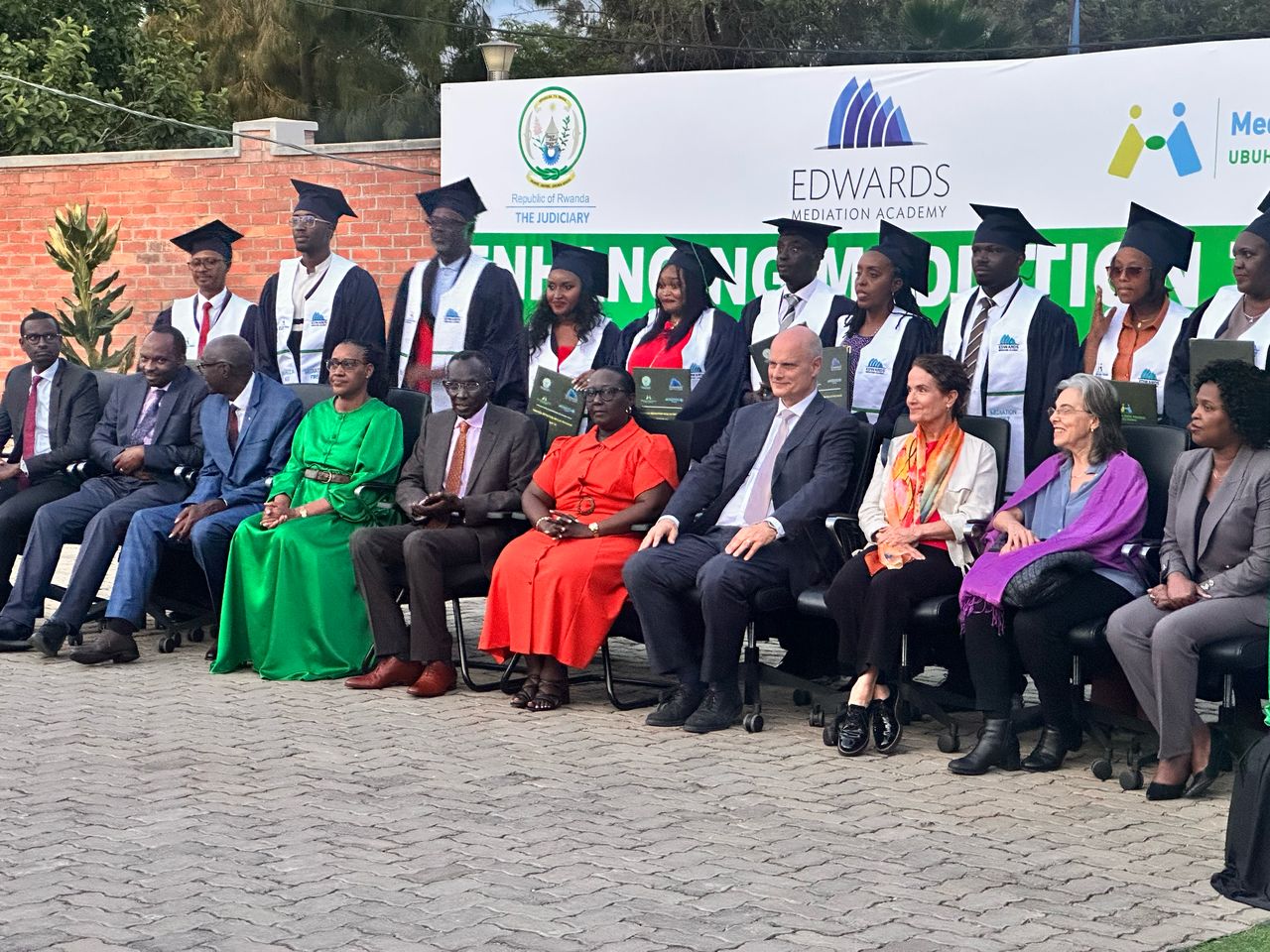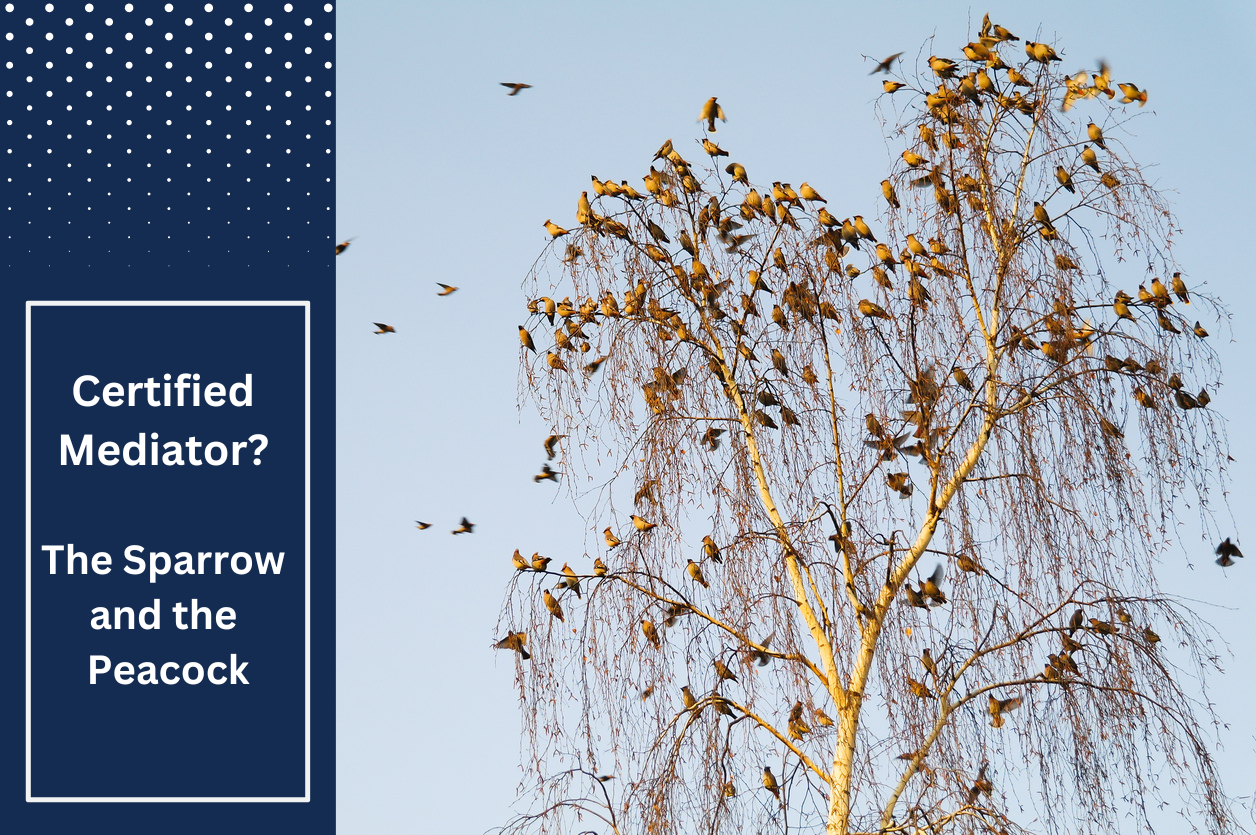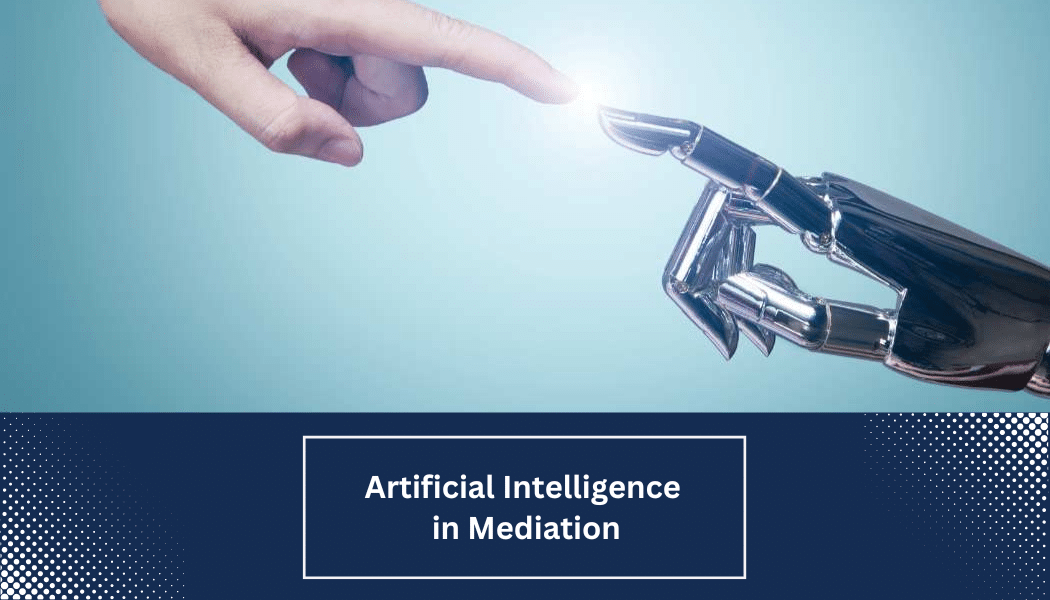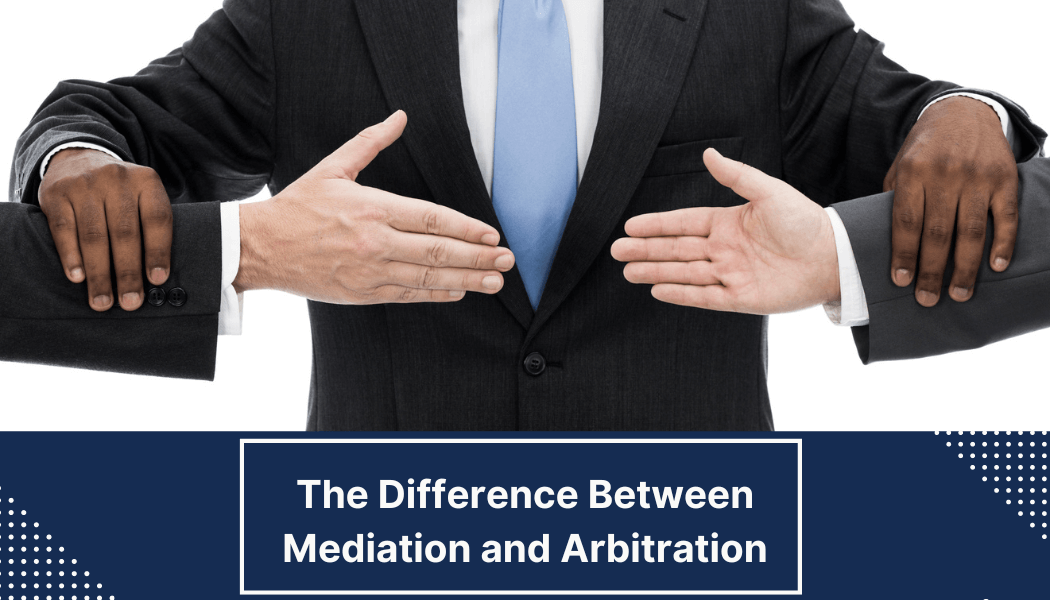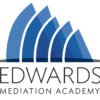On March 18, 1997, 3 years after the Rwandan genocide officially ended, the Interahamwe militia from the Democratic Republic of Congo entered the Nyange Secondary School in western Rwanda as part of their murderous rampage and ordered the students to separate, Tutsi on the left and Hutu on the right. The students replied that there were no Hutu or Tutsi, they were all Rwandans. The Interahamwe, angered by the response, left the building but not before killing six students and injuring many others. In refusing to separate by ethnic divisions, the students became iconic heroes and a symbol for future generations seeking a unified Rwanda.
On February 1st we were in Kigali, Rwanda, the Land of a Thousand Hills. The country was celebrating “Heroes’ Day,” an annual event that pays tribute to all those who exemplified the highest values of patriotism and sacrifice for the well-being of the country.
We were sponsored by the newly formed Weinstein International Foundation, a nonprofit organization dedicated in part to supporting the advancement of mediation throughout the world. It was our third teaching journey to Rwanda on behalf of Edwards Mediation Academy, as we continued our efforts to assist the Rwandan government in implementing mediation in their civil justice system.
A new generation of heroes
As we spent the week teaching mediation skills to attorneys and judges, we witnessed first hand the importance and meaning of Heroes’ Day. While nothing can compare to those who paid the ultimate sacrifice through heroic acts during the genocide, it was impossible on that day of celebration to not draw some comparisons with a new generation of “heroes” – individuals who are committed to making great personal sacrifices while taking on new challenges for the betterment of their country. Like most heroes, they would scoff at the designation, yet such humility does not cheapen their contribution, nor make their sacrifices any less noble.
We sat down on Heroes’ Day with Michel Muhirwa, who works in the refugee camps for Congolese nationals in Rwanda. He described his job of teaching dispute resolution skills to community mediators, who could then help resolve conflicts within the camps. He also shared an example of organizing and facilitating monthly meetings between the refugees and surrounding community leaders, focused on reducing conflict around sharing the scarce resources of fresh water and firewood. We concluded the conversation by discussing how to implement peer mediation training in the refugee schools to bring these important skills to the very young.
Rwandan Weinstein JAMS International Fellows
Our hosts for the week were three ADR-trained Weinstein JAMS International Fellows, Anastase Nabahire, Harrison Mutabazi and Bernadette Uwicyeza. These heroic individuals have become the center of the mediation universe within their country, working with the Ministry of Justice, the judiciary and the Rwandan Bar Association to promote public policy, increase awareness, and organize training around mediation skills. During our week in Rwanda, Bernadette, in collaboration with our American colleague, Emily Gould, a mediator and professor at Columbia Law School, undertook the ambitious task of drafting legislation seeking to implement mediation in both the Rwandan civil and criminal justice systems. If successful, this new law will draw on principles of restorative justice and a pre-colonial dispute resolution heritage that may set a model for all of Africa, if not beyond.
Mediation has changed the judicial system
A discussion of modern day heroes would not be complete without mentioning His Lordship, the Chief Justice of the Rwandan Supreme Court, Prof. Sam Rugege, a man whose exalted title stands in stark contrast to his humble demeanor and gentle spirit. If there is an example of the power of one person to effect change, it is Sam. His firm conviction that the role of mediation and its ability to preserve relationships while inspiring peaceful resolution of conflict, is central to the success of the Rwandan judicial system and has created a seismic shift in perspective. Lawyers who once viewed their role as confined to litigation are now being taught the value of “softer,” but equally important, dispute resolution skills.
Finally, not all of the heroes we came across were high profile judges or government officials. One afternoon we visited a local courthouse and shared mediation stories with court registrars. These civil servants are tasked with meeting potential litigants in austere court facilities. With little formal training, they steer litigants toward resolution rather than litigation, using equal parts common sense and mediation skills.
Changing peoples’ lives for the better
While few of us in life can ever compare ourselves to the students who lost their lives in the genocide or Rwanda’s new generation of heroes, their courageous acts should remind us that we each have within us the ability to change peoples’ lives for the better. Once, after going out of my way to assist one of my children’s friends in need, my son looked at me and said appreciatively, “Dad, not all superheroes wear capes.”
As mediators and trainers, we need to remind ourselves of that every day. Mediators have the unique opportunity to reduce suffering and help bring about profound changes in peoples’ lives. Whether these efforts occur in distant countries or local communities, it’s the same lesson: In our passionate pursuit of service to others, we can all be truly heroic.
Edwards Mediation Academy is an online education platform dedicated to improving the skills of mediators around the world. It was co-founded by Bruce A. Edwards and Susan Franson Edwards. All of our courses are engaging—shadow (virtually) as though sitting at the table; interactive—developed by learning professionals with no boring lectures and taught by the leading commercial mediators in the US. At Edwards Mediation Academy, our students learn mediation theory and, more importantly, learn to mediate.
